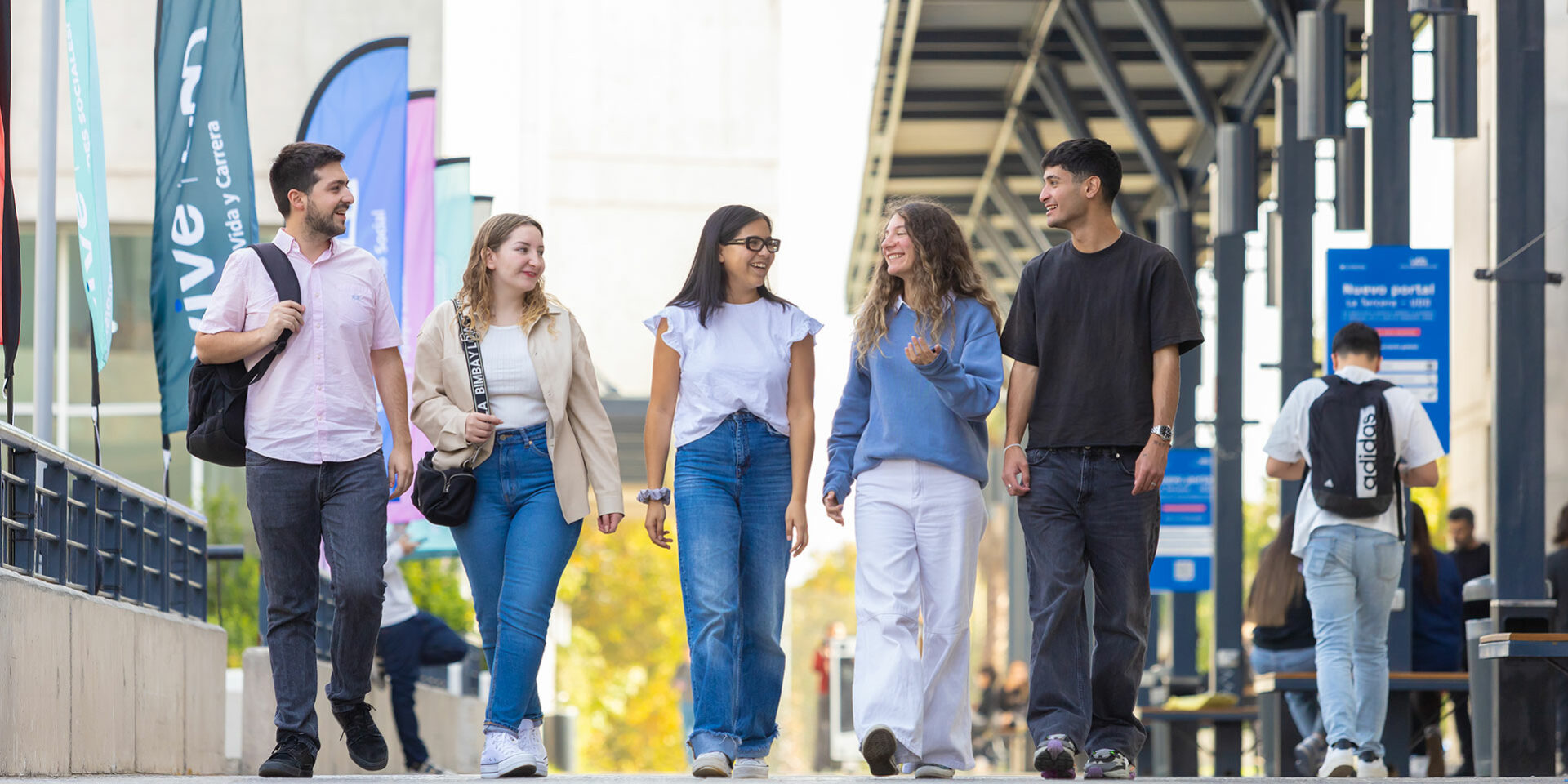Social bargaining: decision-making and social cognition
Dr. Pablo Billeke, and Dr. Francisco Zamorano, both professors in Medical Sciences and researchers at the Social Complexity Research Centre, have focused their research on social neuroscience, cognitive neuroscience and Neurology.
Throughout human development, our brains have been shaping to participate in deep forms of social interaction, building up cognitive and psychic processes as a result of social interaction. Likewise, sorting out challenging tasks demands coordination among different brain areas. Every day, each and every one of us uses a significant proportion of our time facing social dilemmas. In these instances, the brain must mobilize several cognitive processes.
All these cognitive processes drive our behaviour to understand and eventually foresee the potential decisions that other people could make in order to reach an agreement. In this context, social dilemmas often interfere with our purposes, instantly compelling us to rethink our path. Current research has shown that our oscillatory brain activity is linked to the expectation that we build up about other people’s behaviour.
The researchers explain, “it remains unknown whether specific changes in functional connectivity of the brain networks are related to social behaviour. Indeed, a recent study shows that flexible organization in connectivity patterns of [the] frontal-parietal network is related to our capacity to adapt our cognitive resources according to the task demands. Thus, [they] hypothesize that during social interactions, a particular functional reorganization of the brain […] connectivity takes place, and this reorganization is reflected in the dynamics of the [oscillatory activity of] cortical networks.”[1]

[1] PLOS ONE: Functional Cortical Network in Alpha Band Correlates with Social Bargaining. Billeke P, Zamorano F, Chavez M, Cosmelli D, Aboitiz F. 2014. http://dx.doi.org/10.1371/journal.pone.0109829
LINKS
